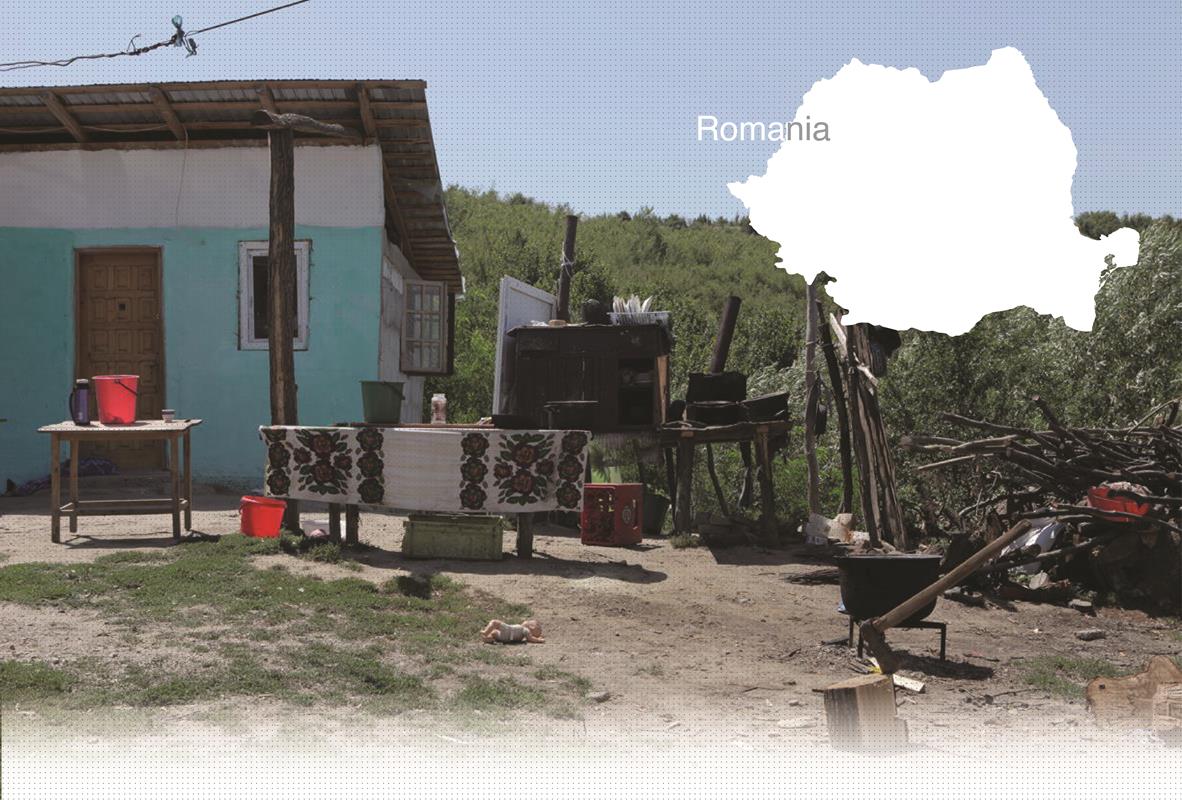

1 Killing site(s)
Petru M., born in 1930, recalls: “When the Germans and Hungarians from the village got an order to gather all the local Jews, some of the Jews, suspecting something bad was about to happen, fled the village. But there were other Jews living in the nearby villages. As the Germans didn’t know them, they asked a local pharmacist of Hungarian origin and his wife to show them all the Jewish houses (…)” (Eyewitness N°144, interviewed in Sarmasel Gara, on August 30, 2015)
Sărmașu is located in the historical region of Transylvania, which used to be under Hungarian rule before WWI, after which it was incorporated into Romania. The commune is composed of five villages: Sărmașu, Fundoaia, Platonești, Runc and Hodoșa. Before the war, in 1930, there were 214 Jews, 3.426 Romanians, 2.034 Hungarians and 204 Gypsies living in the village. The Sărmașu Jews were mainly traders. Their small shops were located in their houses, in special rooms transformed for that purpose. There was one synagogue in Sărmașu. The Jewish and Romanian children went to the same local school, but Jewish children also had a religion class and a Torah in the synagogue.
The village of Sărmașu was occupied in 1944 by Hungarians and Germans. German and Hungarian soldiers stayed in the village only for 7-8 weeks. Immediately after their arrival, the persecution of the Jews began. The anti-Jewish action, carried out in mid-September 1944, is known as the Sărmașu massacre. During those days, about 130 Jews from Samrasu and nearby villages were gathered and confined in a house and barn for a couple of days. There were adults and children among them. During the night, the Jews were taken outside of the village and murdered in two pits that had been dug in advance. The Jews were transported in carts conducted by requisitioned locals. The action was conducted by Hungarian soldiers. According to official records, the corpses were exhumed in February 1945 by the commission and reburied at the same place. The commission stated that many victims weren’t shot, but slain with shovels, rifle butts, and bayonets.
Do you have additional information regarding a village that you would like to share with Yahad ?
Please contact us at contact@yahadinunum.org
or by calling Yahad – In Unum at +33 (0) 1 53 20 13 17